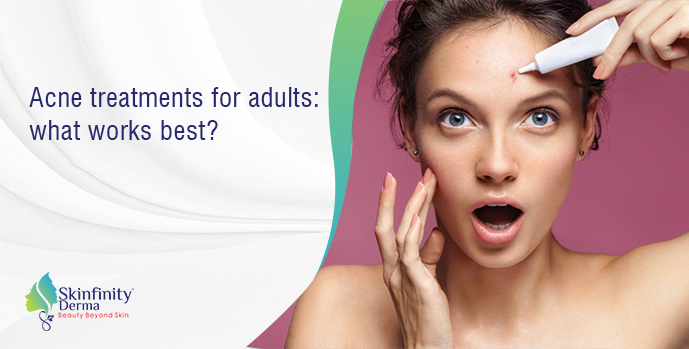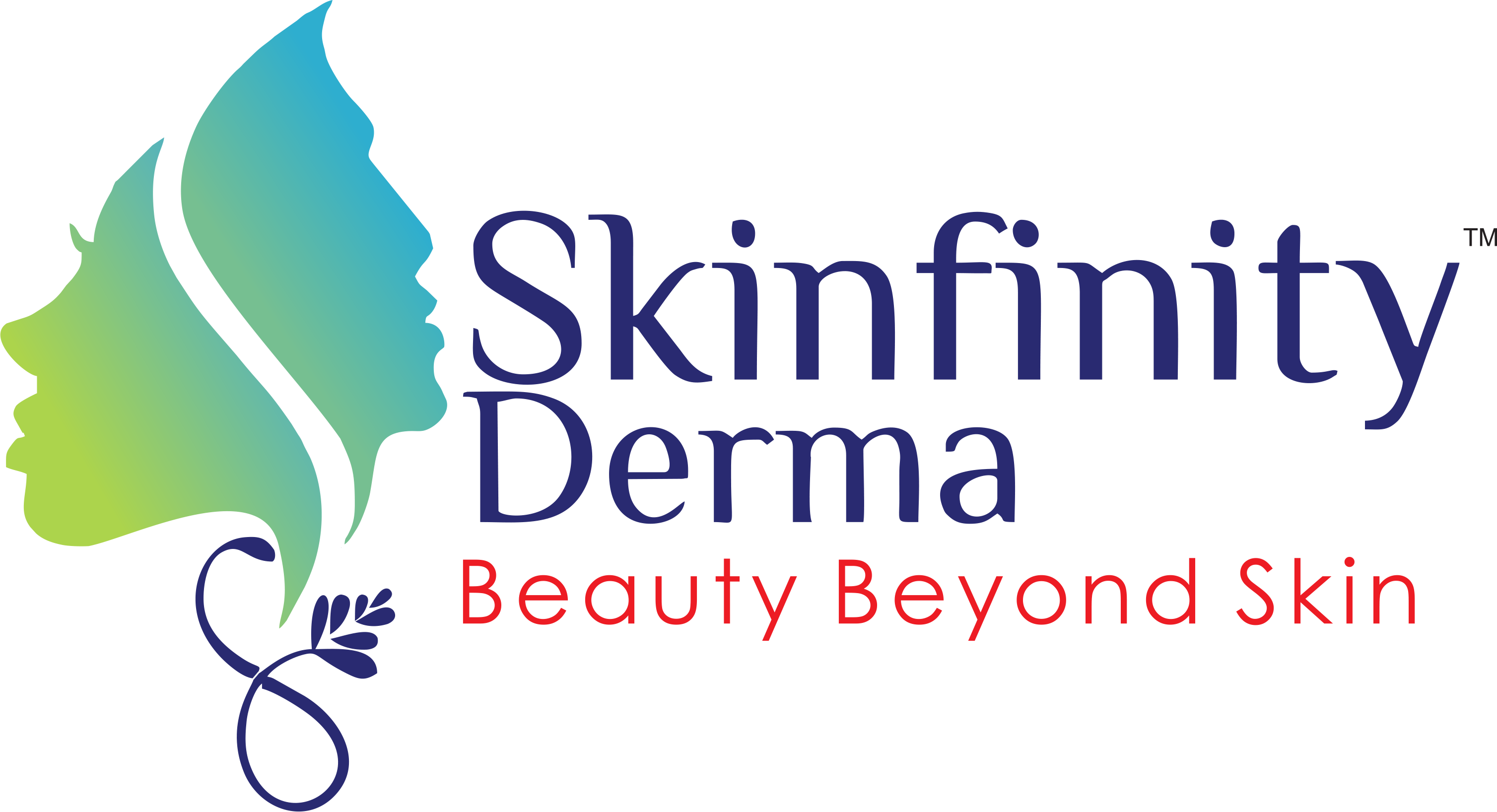Have you ever looked in the mirror and said to yourself, "I don't think I should have wrinkles and pimples on the same face!" If that's the case, you're not alone. Acne isn't simply a problem for youngsters. Adult acne affects many people well into their 30s, 40s, and even 50s.
If you're like most women, you assumed that after you got through adolescence, you'd be rewarded with smooth, clean skin. So it's a great bummer when you're past braces and school dances but still have to deal with skin issues. If you're like most women, you assumed that after you got through adolescence, you'd be rewarded with smooth, clean skin. So it's a great bummer when you're past braces and school dances but still have to deal with skin issues. If this describes you, you're not alone; acne isn't only an adolescent problem.
There are so many different ways to cure acne breakouts that determining which is the best acne treatment for your skin can be difficult. Even if you've had acne your whole life, the pimples we get as adults may be different from the acne we had as teenagers, and they may be more difficult to clear up, depending on factors such as hormones, changes in skin type and texture, and scarring.
Because life is difficult enough without always worrying about the status of our skin, SELF consulted with experts to find out which acne treatments work best for various types of pimples.
Continue reading to find out what causes acne in the first place, as well as the finest acne treatments and drugs worth your money. It's worth mentioning that speaking to a dermatologist is always your best choice, whether you're wanting to merely decrease some annoying blackheads or you're suffering with anything more serious like cystic or inflammatory acne. They've been trained to recognize acne kinds just by looking at them, and they have access to many more treatment alternatives than your local drugstore.
Is adult acne the same as the acne that plagued us as teenagers?
Adult acne is quite similar to the acne we associate with our adolescent years. It may also happen to adults, and it's very frequent. When most people think of a pimple, they picture a raised, pink, inflammatory bump, but that's only one form. Pimples, blackheads, whiteheads, pustules, and more severe acne, such as nodulocystic acne, are all included in the word "acne."
What are the causes of acne?
Acne can be induced by hormonal fluctuations, especially in women. Our estrogen levels tend to drop as we get older. Male hormones such as testosterone and dihydrotestosterone, which we all have, rise at the same time. Because there are less female hormones in our body to block the effects of male hormones, the impacts of those hormones become more noticeable. You may notice an increase in oil production, as well as a thickening of the oil generated by your face. Your pores may appear to be bigger. This can result in blocked pores and an increase in acne.
Stress is also a factor. Certain hormones, such as cortisol, can be elevated by stress. This can cause additional irritation, which can aggravate acne and make it worse.
Adult acne is very different from the pimples you had as a teenager, both in appearance and treatment.
Hundreds or thousands of microscopic lumps, blackheads, or whiteheads on the skin of the face, especially the forehead, as well as cysts on the chest and back, are common among teenagers. That's because teen skin is a touch stickier than adult skin, and they're more prone to blocked pores than adults.
What is the most effective acne treatment?
Cleaning your face twice a day is good for eliminating old oil and makeup layers.
To clear pores and exfoliate the skin, I frequently suggest a topical retinoid cream. Retinoids also have some anti-inflammatory properties and speed up the division of our skin cells. This aids in the rapid healing of the skin. Retinoids are included in several over-the-counter medications. Acne can also be treated with topical anti-inflammatories like dapsone gel. Spironolactone, an oral prescription drug, can help to lessen the effects of male hormones. If you want to clean up acne faster, chemical peels and blue light therapy can assist.
What qualities should you seek in a cleanser?
Avoid extremely harsh and forceful cleansers in general, especially if you're also taking a prescription topical component. A creamy cleanser may be a better choice for dry and sensitive skin. A mild, foamy cleanser may be preferable for oily skin. Salicylic acid, which searches out oil and unclogs pores, might be beneficial if someone has a lot of blackheads. Antibacterial properties of benzoyl peroxide can also aid in the removal of dead skin.
What changes can you make to your diet to help with acne?
Excess sweets, pastries, and drinks should be avoided.
In terms of healthy meals, leafy greens and a well-balanced diet rich in vitamin C and beta-carotene-rich fruits and vegetables can be beneficial because these nutrients have anti-inflammatory properties. In addition, several studies have linked the use of specific dairy products to the development of acne.
When should you think about taking medication?
If your acne has been bothering you for more than a few months, is creating scarring, and topical treatments haven't worked, it's time to explore a systemic therapy, such as an antibiotic.

